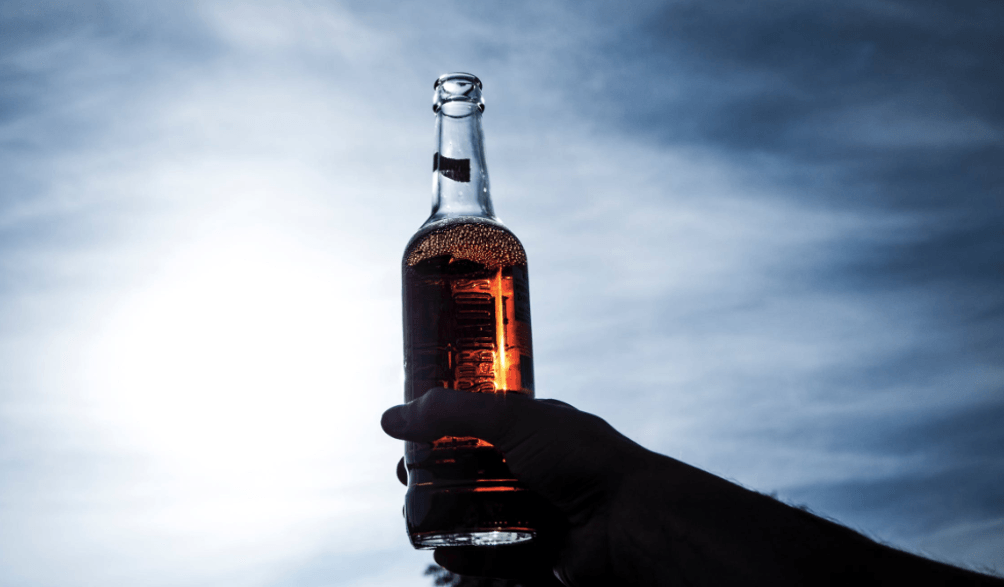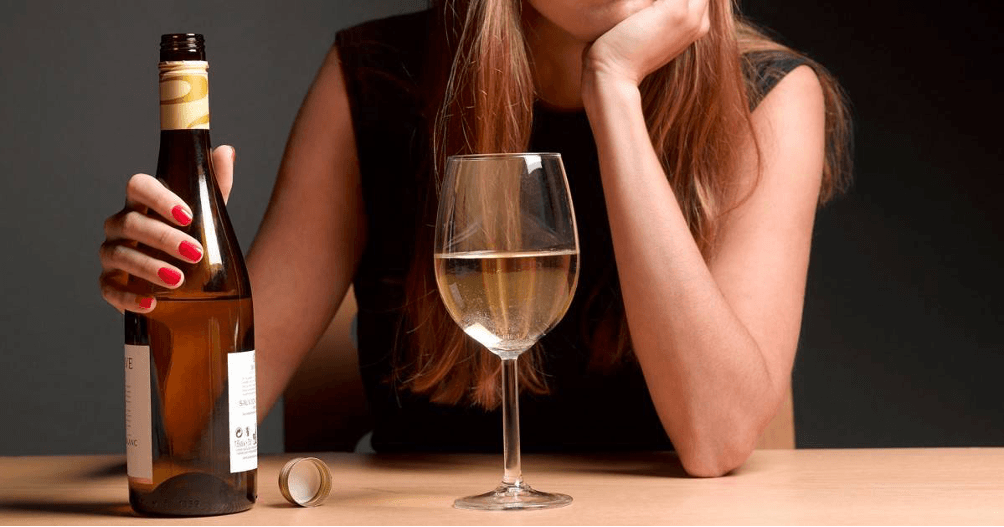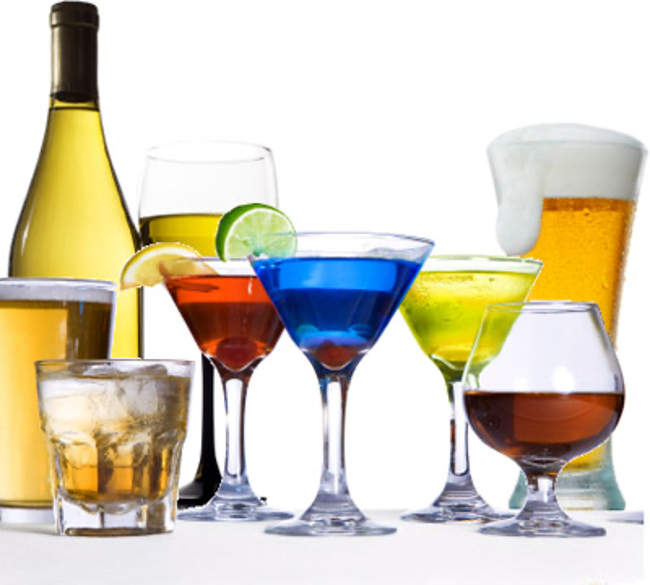Does Alcohol make you fat? An honest Assessment
Does Alcohol make you fat? An honest Assessment
So you have heard the ‘Gym Bros’ saying that if you want to lose the belly and drop body fat you need to cut out alcohol completely. No if’s and no but’s you must go completely cold turkey or you’ll never see results. So if the guys at the gym are saying it, it must be true, right?
Or is it?
Contrary to popular belief, only a fraction of the alcohol you drink is turned into fat. What’s more, studies show that it’s possible to drink alcohol on a regular basis every day in some cases and still lose fat.
Here’s a closer look at the science on alcohol and weight loss, and what it all means for you.
Does Alcohol Turn Into Fat?
Alcohol can contribute to weight gain. But that’s not because it turns into fat. Rather, the main reason alcohol is associated with weight gain is the excess calories some of the drinks contain and how they are never consumed in moderation or with any form of measurement.
In fact, just two drinks of cider, could end up at almost 400kcals and for the average person in a calorie deficit this can eat in to a huge portion of that days calories, and let’s be honest, how often does it ever stop at only 2 bottles?
Rather than turning into fat, the main fate of alcohol is conversion into a substance called acetate. In fact, blood levels of acetate after drinking alcohol 2.5 times higher than normal and it’s this sharp rise in acetate that puts the brakes on the fat burning effect of your metabolism.
Here is a quick summary of what actually happens when you consume alcohol:
• A small portion of the alcohol is converted into fat. It is estimated that roughly 3% of alcohol is turned into fat.
• Your liver then converts most of the alcohol into acetate.
• The acetate is released into your bloodstream and takes precedence over the metabolism of protein, carbohydrate, and fat.
The way your body responds to alcohol is similar to the way it deals with excess carbohydrates. Although carbohydrates can be converted directly into bodyfat, this doesn’t happen unless you’re eating large amounts of it and of course over consuming in calories.
Instead, one of the main effects of overfeeding with carbohydrate is that it replaces fat as a source of fuel. By suppressing fat burning, it enables the fat in your diet to be stored a lot more easily, as well as reducing the amount of stored fat that’s burned off.
Does Alcohol Slow Down Your Metabolism?
Your basal metabolic rate, more commonly referred to as your metabolism, is typically defined as the number of calories your body burns at rest.
It’s the energy required to keep your heart beating, your lungs drawing in air, and generally ensuring your body has the energy necessary to achieve homeostasis.
Some say that alcohol contributes to weight gain by slowing your metabolism. Because your body can’t store alcohol and has to deal with it straight away, other metabolic processes suffer. Carbohydrate and fat won’t be metabolised as efficiently, and as a result your metabolism will slow.
Or so the theory goes, anyway.
It’s true that metabolising alcohol takes precedence over carbohydrate and fat and the reason for this is alcohol is toxic to you and your body will always prioritise survival over any other function. So unlike carbohydrate and fat, alcohol can’t be stored, and your body wants to get rid of it. This is where the liver gets involved. Enzymes in your liver convert alcohol into a number of different substances, which allow your body to break it down and eliminate it.
Metabolising alcohol requires energy, which is known as its thermic effect. The thermic effect of alcohol is around 15%, which is higher than the thermic effect of food (TEF). In other words, for every 100 calories that come from alcohol, roughly 15 of those calories will be burned off in the process of metabolising and processing that alcohol.
No evidence to show an adverse effect on metabolism
In a recent study completed, researchers found no significant effect from alcohol on the overall metabolism. The end results showed no changes between the group who consumed and the group that abstained from alcohol.
In a follow-up trial, drinking two glasses of wine every night for six weeks had no effect on resting metabolic rate when it was measured under controlled conditions.
Here is the conclusion from this particular study:
“The primary findings of this study indicate that in free-living subjects, the addition of two 135 ml glasses of red wine (13% alcohol) to the evening meal over a 6-week period does not influence body weight, body composition or resting metabolism.”
Does the type of drink you consume make you fat?
Drinking certain type of drink, no matter if its beer, wine or vodka won’t automatically make you fat. In fact, there’s plenty of research out there to show that you can drink alcohol and still lose fat, just as long as you’re sensible about it.
In one trial, researchers from Colorado State University got a group of men to drink two glasses of wine every night with their evening meal. Here’s the interesting conclusion, after six weeks, nothing significant happened. The men’s weight didn’t change, and no fat was gained.
Another study from the same research group shows much the same thing. Drinking two glasses of wine, five nights a week for ten weeks, had no effect
on body weight or fat percentage in a group of sedentary, overweight women.
In a study published in the International Journal of Obesity and Related
Metabolic Disorders, German scientists assigned a group of overweight and obese subjects to one of two 1500-calorie diets. The first diet included a glass of white wine every day and the other a glass of grape juice.
The result?
Three months later, there was no significant difference in weight loss between the two groups. A diet where 10% of the calories came from white wine worked just as well as a diet where 10% of the calories came from grape juice.
THINK ABOUT BALANCE.
The best way to enjoy a few drinks and not harm your progress is to be smart and have some balance. If you know you are going to be consuming a high amount of alcohol, the advice I give to people is to drink a glass of water in between each drink. Doing this will not only keep you hydrated but it also gives you the balance
In short, there is nothing inherently fattening about alcohol. As long as your overall diet puts you in a calorie deficit, you can drop fat without giving up alcohol.
Does Alcohol Cause Overall Weight Gain?
Alcohol, in and of itself, doesn’t cause weight gain. What causes weight gain is consistently consuming too many calories relative to your energy needs. In that sense, excess calories from alcohol are no different to excess calories from any other source.
The main negative difference alcohol has on your fat loss progress is not directly from its effects, but rather indirectly by how it effects your behaviour and energy levels. Specifically, alcoholic drinks can contribute to weight gain because they have a “disinhibiting effect,” making it harder to resist the temptation to eat certain foods.
So what does that mean exactly?
For one, studies show that you tend to eat more if a meal is served with an alcoholic drink than you would if that same meal was served with a soft drink.
A Canadian study shows that an apéritif (an alcoholic drink taken before a meal to increase the appetite) increased calorie intake to a greater extent than any other drink.
Alcohol is causing you to get caught twice- Once by its consumption and twice by its effects on your actions.
Of the three main lifestyle factors that encourage excessive eating, alcohol is at the top of the list, ahead of watching TV and sleep deprivation.
Picture the scene: It’s a Friday night, and you’re out for dinner with some friends. You’ve decided in advance that you’re going to indulge a little, but only in moderation.
You sit down for some pre-dinner drinks, and promise yourself that you’ll have just one. But that one is soon followed by another, and then another.
Like the fading light from a setting sun, your ability to resist the urge to eat certain foods gradually dims. Then the “what the hell effect” kicks in, and any attempt to put a limit on what you eat is silently but swiftly abandoned. Inhibitions are lost, and the dietary restraint switch is flicked to the off position. It’s a slippery slope that ends with a trip to McDonald’s in the early hours of Saturday morning.
But that’s not all.
The workout you’d planned to do that day goes out the window, replaced with you binge-watching an entire boxset on Netflix. You’re tired, hungry, and annoyed at yourself for letting things slide.
To make yourself feel better, you end up eating even more, embarking on a junk food binge lasting anywhere from a few hours to a few days.
I already messed up, you say to yourself, so I’m going to do what I want for the rest of the weekend. The decision is made to drop out of your latest mission to get in shape and “start fresh” at a later date, be it next week, next month or next year.
Final Thoughts
Alcohol itself, consumed in moderation, isn’t going to have a negative impact on fat loss as long as it’s accounted for in your weekly calorie budget.
However, where alcohol can torpedo your attempts to get in shape is via the knock-on effect it sometimes has on your eating and exercise habits in the hours and days that follow. Too much alcohol has the potential to damage your progress in a way that extends beyond its calorie content alone.






